Facebook Reality Labs chief Andrew "Boz" Bosworth does a lot of hinting and teasing of what's coming next at Oculus, often with only a vague timeline on the horizon.
However, on Friday, Boz finally delivered on a big tease he last highlighted back in April, and it has everything to do with augmented reality on the Oculus Quest.
• Don't Miss: Facebook Reality Labs Chief Teases AR Coming to Oculus Quest Gaming, Delves into Future Smartglasses Hardware
The feature is called the Passthrough API Experimental and Boz describes it as "a way to build and test apps that seamlessly blend the real and virtual worlds and open up new possibilities for mixed reality experiences."
If you've never had a chance to use the Oculus Quest wireless VR headset, this might not make sense to you, so it's worth explaining for newbies. In short, when you're using the Oculus Quest VR headset, the device's sensor cameras, which are primarily used for tracking, also allow you to see your real world surroundings.
This feature can be enabled with just a light tap on the headset's temple area, giving you the ability to quickly see friends, family, or just check to make sure everything is okay outside of the realm of VR. This handy feature can also double as an AR tool, and now Oculus is making the tool available to developers who would like to experiment with it and possibly add it to new and existing apps.
If you're curious what the feature looks like in action, you can check out a video Oculus released last year promoting its Infinite Office tool that utilizes the passthrough feature.
Oh, and the biggest issue that Facebook skeptics will likely hop on, namely privacy, is also addressed by the Oculus team.
"We built Passthrough API with privacy in mind," reads the statement accompanying the launch. "Apps that use Passthrough API cannot access, view, or store images or videos of your physical environment from the Oculus Quest 2 sensors. This means raw images from device sensors are processed on-device."
Unity developers will be able to access the Passthrough API Experimental feature in the upcoming SDK release, and later this year the feature will go live in terms of official, public-facing usage in apps.
The baseline use cases Oculus is proposing developers try are around simple interactions like gaming (merging VR and the real world), improving social presence to avoid what Tim Cook likes to call VR's "isolation," and productivity in the way of virtual monitors.
But the real reason this release is so important is that there's absolutely no way of telling what developers will come up with now that they have the long promised access to this feature.
Additionally, it will likely serve as a testing ground for AR in general, effectively making this Facebook's first wearable AR device, in a roundabout way.
Cover image via Facebook


















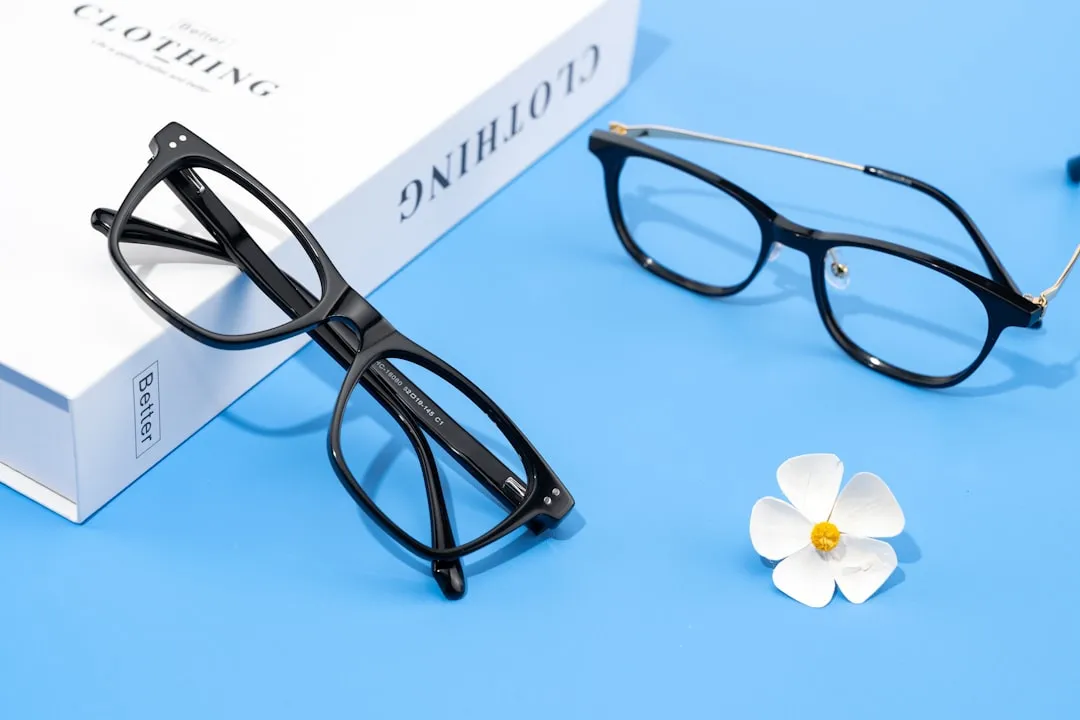

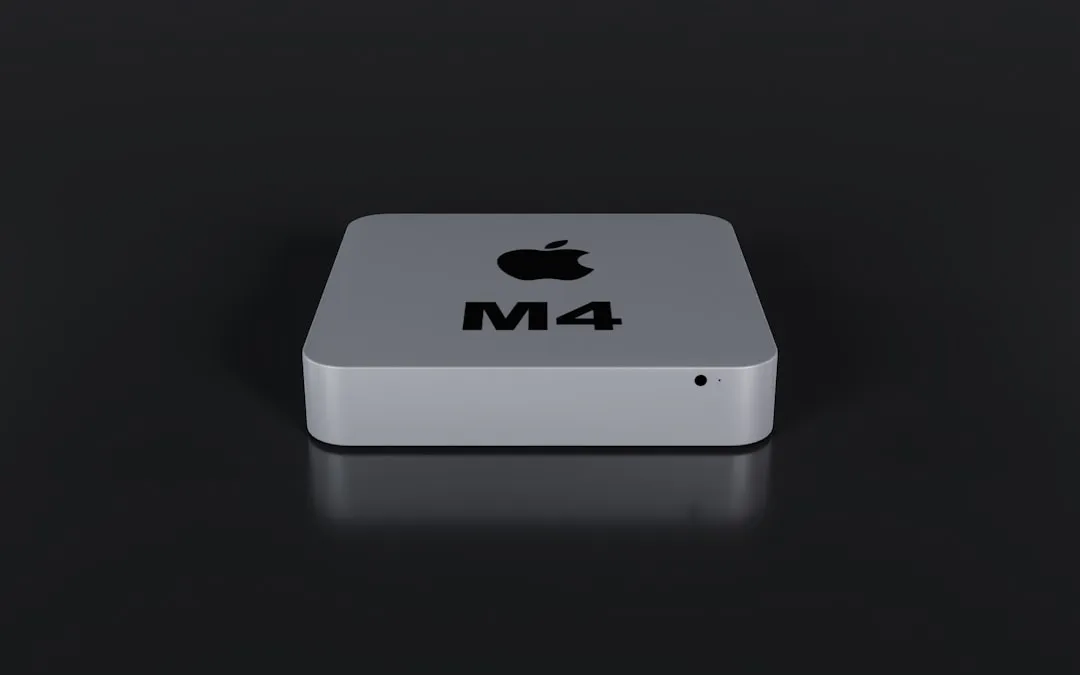
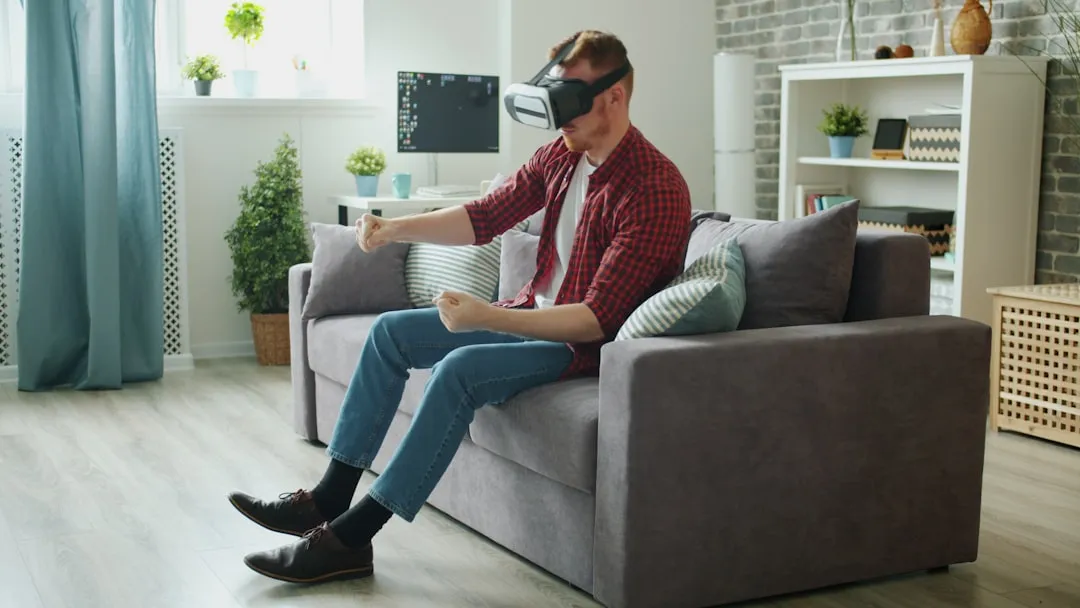
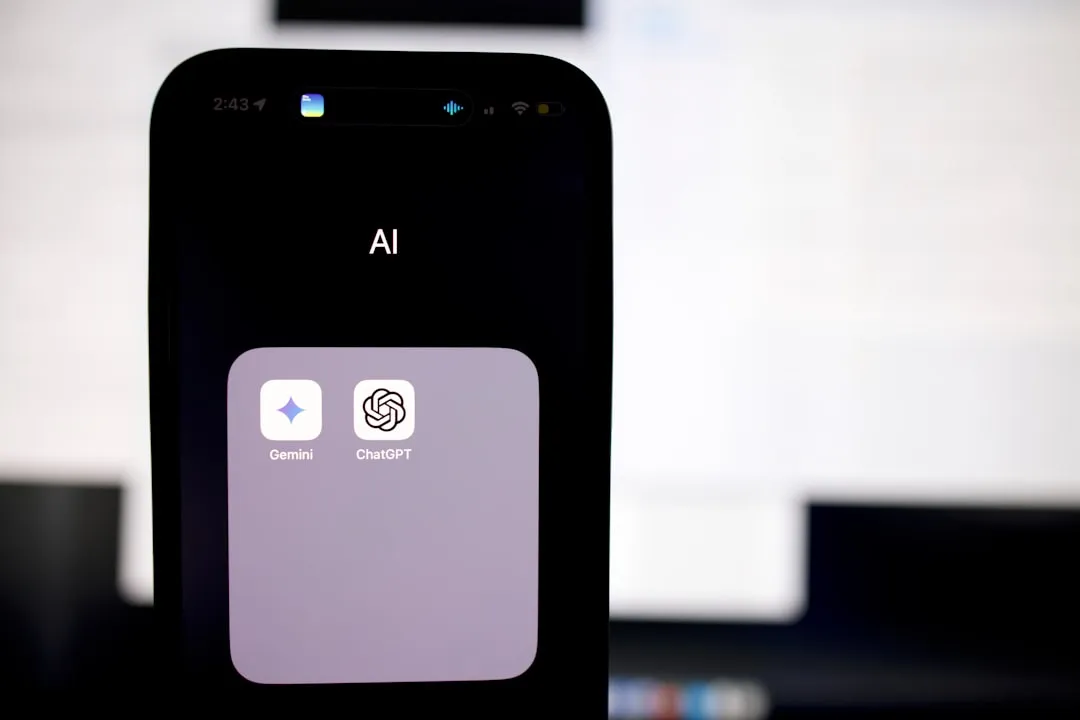
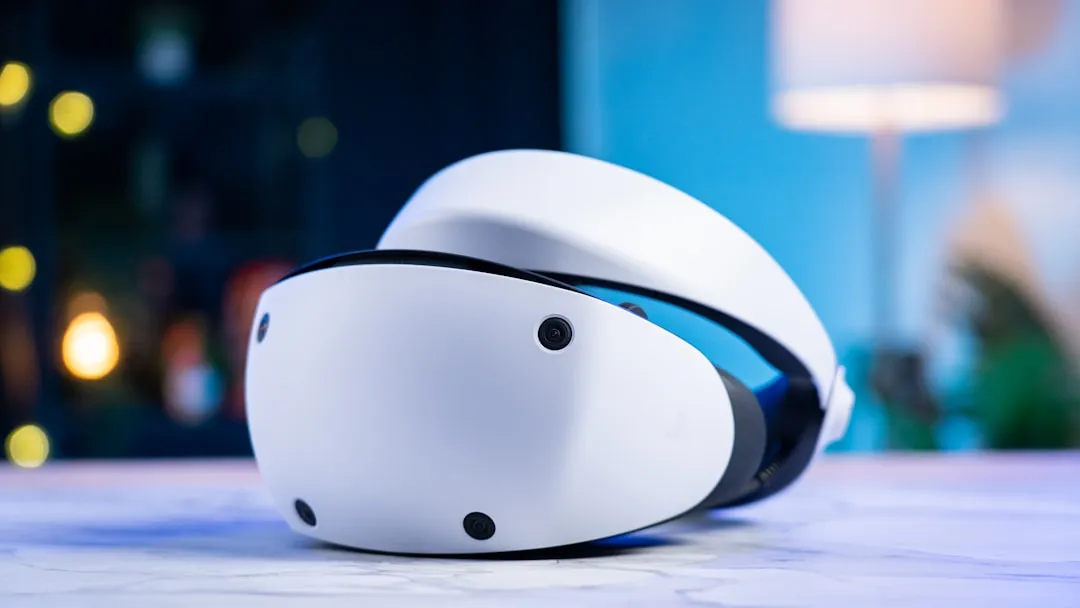



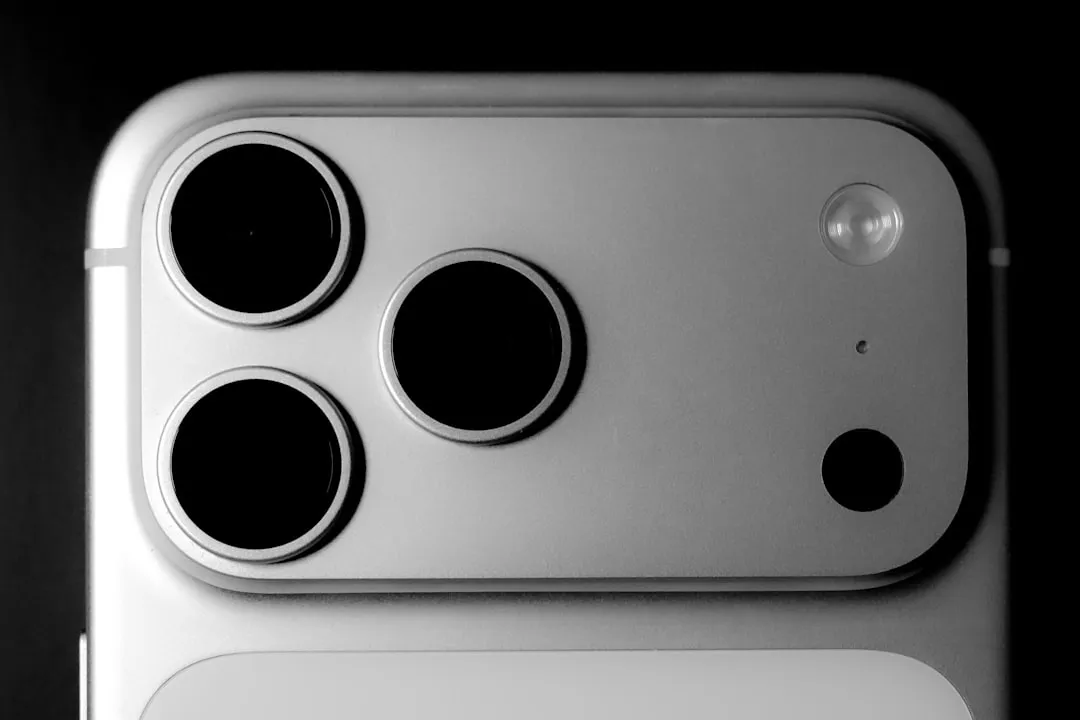

Comments
Be the first, drop a comment!